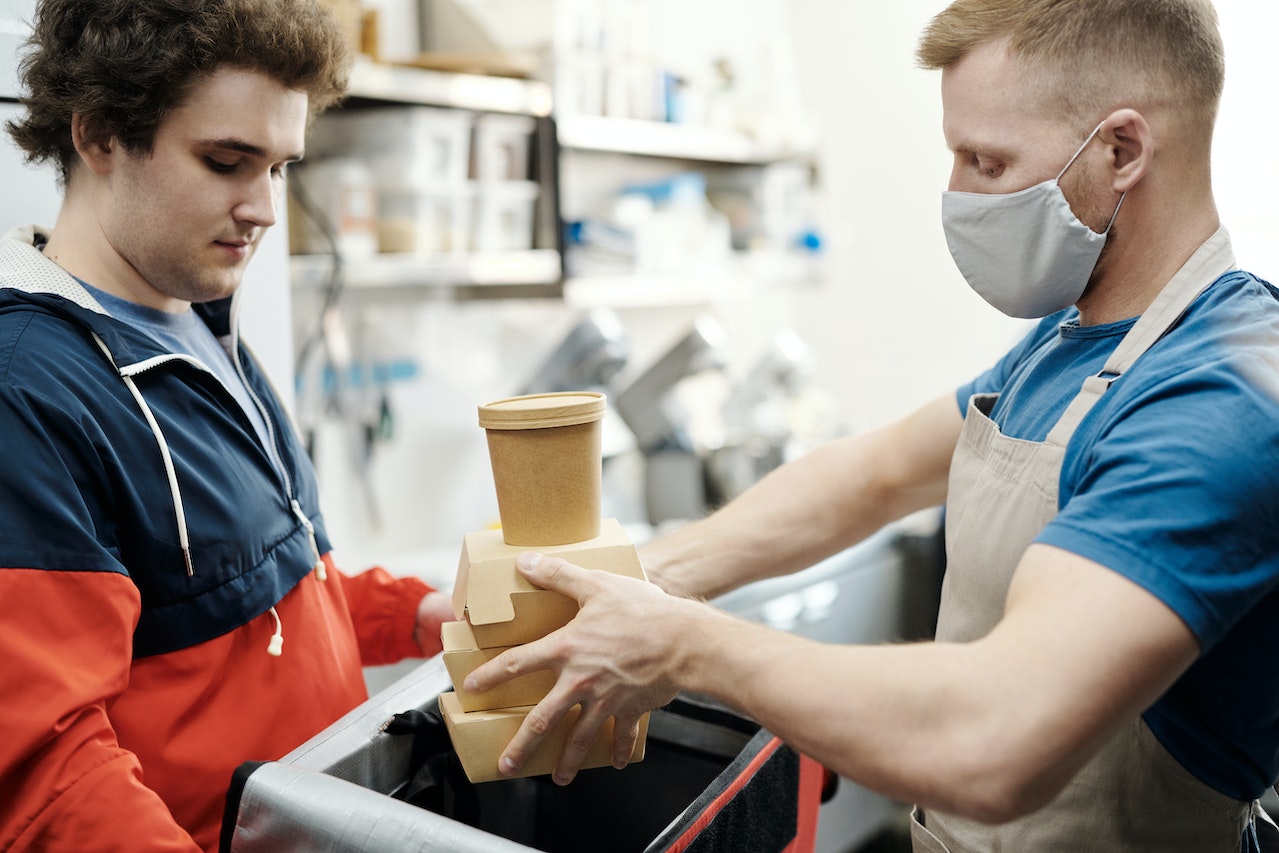In today’s ever-changing landscape, businesses increasingly rely on the safe delivery of perishable items. Whether it’s food, flowers, or medicine, you can do a few key things to ensure your products arrive fresh and intact.
1. Keep Track of Your Inventory and Only Order What You Need
The idea of tracking inventory and ordering what is necessary is crucial in maintaining a healthy and successful business. Not only can it save you time in ensuring you don’t run out of essential items, but it also helps preserve your budget. Keeping track of your inventory allows you to monitor where the money goes and allows for better fiscal management.
Additionally, tracking how quickly each item sells allows for faster reordering and improved customer service – two key components for any business. By managing your inventory properly, you will be able to create a more efficient plan that ultimately leads to better bottom-line results.
2. Store Perishables in a Cool, Dry Place
Properly storing perishables is essential for preserving flavor, color, and texture. To maintain the best quality, store these items in a cool and dry place from direct sunlight. The optimal temperature would be between 38-40° Fahrenheit in the refrigerator or 5° Fahrenheit in the freezer.
If you’re storing fruits and vegetables separately from each other, keep them away from ethylene sources such as overripe or rotting produce, as this gas can accelerate the ripening and decay process. A few simple steps will help keep your food items fresh and safe for consumption.
3. Inspect Perishables Before Accepting Them From Suppliers
Running a successful business means ensuring all products reaching consumers are up to the highest standards. Inspection regarding perishables such as fruits, vegetables, or dairy products is key. Accepting any batch of perishable products without proper inspection can lead to unhappy customers and, even worse, health issues.
With a well-planned pre-acceptance inspection system, a business can be confident that the products they have accepted from their suppliers meet the required quality standards and are safe for consumption. Ultimately, customers and businesses benefit from regular inspections of all their perishables.
4. Use Proper Packaging to Protect Perishable Items During Shipping
When it comes to perishable shipping items, proper packaging is essential. It is important to ensure that the product is properly insulated with a material suitable for withstanding temperature fluctuations or moisture absorption.
Additionally, careful attention should be paid to selecting an appropriate container size that resists physical shock and vibration. A packaging management software can help you easily ensure that the correct packaging is used for each order
Consider all variables that could come into play, from shipment duration to individual handling techniques. With the right combination of packing materials, containers, and attention to detail when adhering to shipping deadlines, you can guarantee your perishable items will arrive safe and sound!
5. Deliver Perishable Items as Quickly as Possible
Delivering perishable items quickly is essential for businesses in many industries, from restaurants supplying restaurants to companies delivering food to customers’ homes. Getting the products to their destination quickly reduces product loss, keeps customers happy, and enables businesses to maximize profits.
Fortunately, there are many strategies businesses can use to accelerate delivery times, from investing in faster transportation options like two-day shipping and refrigerated trucks to partnering with third-party logistics providers with robust network connections.
Adopting such techniques helps businesses stay competitive and encourages their customers to continue doing business with them. Ultimately, staying ahead of the competition regarding delivery times means ensuring that perishable items arrive at the right place at the right time.
6. Follow Up With Customers After Delivery to Ensure They’re Satisfied
Following up with customers after delivery is one of the best things a business can do to ensure customer satisfaction. Checking in with customers to see if their order arrived as expected and if they are happy with the product or service will show them that you value their opinion and reward their loyalty.
By doing this, you can establish regular communication with your customers and make sure they stay satisfied. Satisfied customers mean higher customer retention rates, helping you build a long-term relationship and positive brand recognition.
Bottom Line
By following these tips, you can ensure that your perishables are properly taken care of from when they’re delivered to your restaurant until they reach the customer’s plate. Investing a little extra time and effort into tracking and storing your perishables can create a better dining experience for your customers while reducing waste and saving money.


